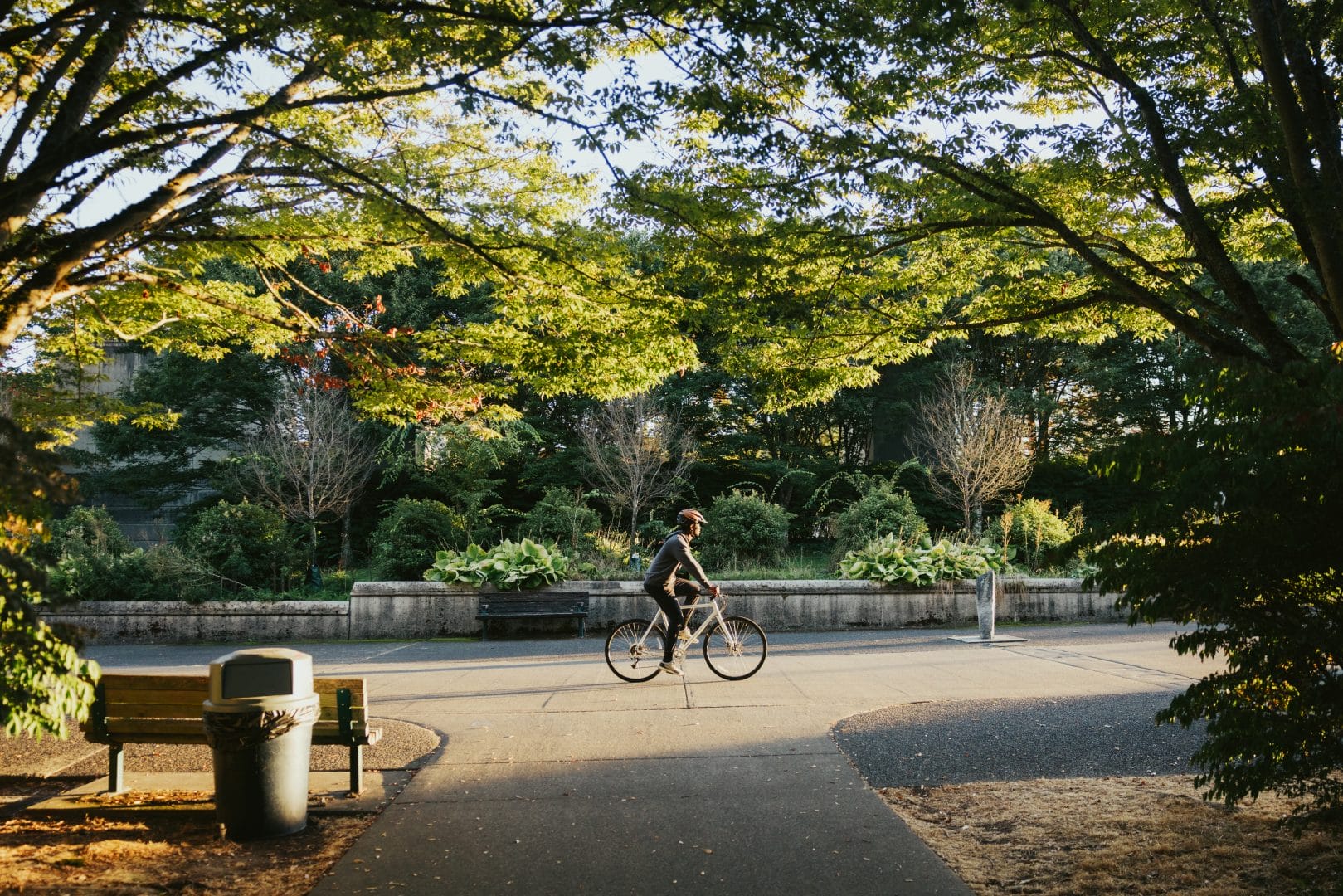After announcing plans to build more than 1,000 rental units at the site of the old Greyhound bus terminal in downtown Ottawa, Brigil says it wants to construct 700 rental suites next to property it is already developing on Baseline Road.
The Gatineau-based firm’s latest proposal calls for two highrises of 28 and 32 storeys plus a nine-storey building at 2946 Baseline Rd., just east of the Queensway Carleton Hospital.
A retail plaza now occupies the three-acre property, most of which has a height limit of 18 metres under current zoning bylaws. The three proposed buildings would be 28, 91 and 105 metres tall.
Brigil says the project is designed to be integrated into its development next door at 2940 Baseline Rd., where the firm recently completed a 14-storey rental complex with 162 rental units and is now constructing a pair of 10- and 16-storey buildings that will house an additional 280 apartments.
When all six buildings are completed, they are expected to include a total of 1,145 residential suites.
A planning rationale document filed with the new proposal says the two properties will share various amenities as well as visitor and commercial parking spaces. The 14-storey building that is now available for rent features a rooftop pool, sauna, gym and lounge as well as ground-floor commercial space.
Just as with the project at the former bus depot, Brigil wants to limit the amount of parking at the new development in a bid to reduce residents’ dependence on cars.
Current zoning regulations require one parking spot for each residential unit, or a total of 700 spaces for the three proposed buildings.
However, Brigil’s plan calls for just 232 residential parking spaces, or one for every three units.
‘SIGNIFICANT SOCIAL HARMS’
In planning documents, Brigil says the current parking requirements create “significant environmental, economic, and social harms.”
“Parking spaces are costly, whether they are surface spaces that create an opportunity cost or below grade where they are extremely expensive to construct,” the document adds. “These costs are typically passed to future residents, regardless of whether they own a car.”
Jessy Desjardins, the company’s vice-president of development and design, said the site’s proximity to public transit means it’s not necessary to have one space per unit.
He noted that the city has a long-term plan to build a series of rapid bus stations along Baseline and Heron roads.
“When you talk about complete neighbourhoods, it’s not only about having what you need exactly where you are, but also being able to access it by transit when you have those exceptional needs that are outside of your daily routines,” he said.
Desjardins said the company is also looking at implementing a vehicle-sharing system in partnership with Toronto-based Bike Mobility that would allow tenants to rent electric cars and bikes on a short-term basis. Brigil is already offering a similar service at its rental highrise on Parkdale Avenue near Tunney’s Pasture.
“In the long term, we’ll see more and more public transit on Baseline,” Desjardins said. “But during the transition, the use of car-sharing and having multiple options for transportation will be quite useful.”
Plans call for about 40 three-bedroom units and 239 two-bedroom suites. Desjardins said Brigil is hoping it can pass some of the cost savings from building smaller parking facilities on to tenants.
“It’s a neighbourhood that has quite a few family homes, so that’s still something that we’re looking to discuss with (local residents) and our team to ensure that we have the right mix (of units),” he added. “We’re pretty happy with what we have.”
VARIETY OF RETAIL TENANTS
The company has yet to formally consult the public about the proposal, but Desjardins said Brigil has already moved a planned 1,185-square-metre park closer to Baseline Road after city staff and nearby residents objected to its original orientation.
Each building is also expected to feature a ground-floor commercial component, for a total of about 16,000 square feet.
Desjardins said Brigil is considering a variety of tenants for the space, including medical services as well as retailers.
“More density in that neighbourhood will allow us to bring some more restaurants, coffee shops, small grocers, specialty shops in a way that the whole neighbourhood is going to benefit from that without the negative impact of, let’s say, shadows or increased traffic because we’re right on Baseline,” he explained.
Meanwhile, Brigil continues to pursue other development opportunities in Ottawa as the need for rental housing steadily grows.
The firm recently made headlines with its plan to build three highrises of 26, 36 and 40 storeys with more than 1,000 rental apartments at the site of the now-demolished former Greyhound bus station on Arlington Avenue.
Desjardins said the builder is eyeing other properties as well. He said it is particularly interested in locations west of the downtown core along the Confederation LRT Line.
“We’re obviously very keen on developing any transit-oriented sites,” he said. “I think that’s going to be a major key to improving the city and help it grow in a way that is more climate-friendly.”




